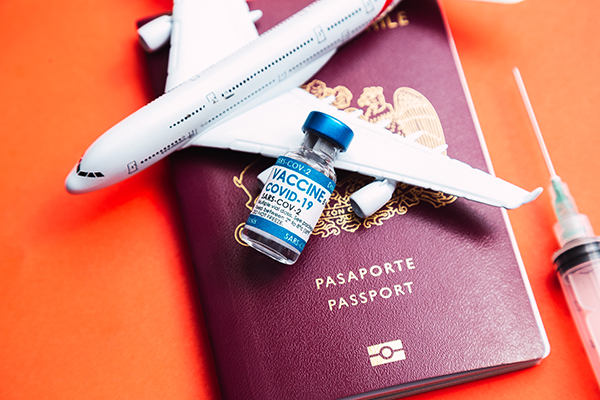
Published in the Journal of Alzheimer's Disease, the paper found that premature death risk is highest when Alzheimer's patients first start taking an antipsychotic drug, though long-term use poses similar health risks. The worst scenario is Alzheimer's patients who take two or more antipsychotics, as their risk of premature death is upwards of twice the normal rate, a shocking figure that backs earlier research into the adverse effects associated with these common pharmaceutical drugs. Perhaps more natural healing methods should be analyzed as well.
Marjaana Koponen, a doctoral student from the School of Pharmacy at the University of Eastern Finland and lead author of the new study, stated that even though the research can't officially prove a cause-and-effect link between antipsychotics and early death, they are highly suggestive of this. Some of the earliest research on the subject from roughly 10 years ago arrived at similar conclusions, mainly that antipsychotics are high-risk and need to be evaluated more closely when it comes to their use in people with dementia.
One such study from more recently, published in the journal JAMA Psychiatry in 2015, found that antipsychotic drugs marketed as treating hallucinations, delusions, agitation, and aggression are directly associated with higher rates of premature death. Of specific concern is an "atypical," mood-stabilizing antipsychotic drug known as Depakene (valproic acid), which researchers from the University of Michigan Medical School in Ann Arbor say shouldn't even be prescribed to dementia patients.
"The harms associated with using these drugs in dementia patients are clear, yet clinicians continue to use them," Dr. Donovan T. Maust, M.D., one of the lead authors of this earlier study that looked at more than 90,000 U.S. veterans with dementia, told Neurology Advisor last year. "That's likely because the symptoms are so distressing. These results should raise the threshold for prescribing further."
Research going back years shows extreme dangers with antipsychotic use
Going back even further, a 2012 paper published in the American Journal of Psychiatry raised concerns about the use of antipsychotic drugs in Alzheimer's patients, noting that other non-drug interventions must be thoroughly exhausted before even considering the use of mind-altering medications in this sensitive segment of the population. Besides the serious cardiovascular effects, antipsychotics seem to significantly increase patients' risk of pneumonia, and many of those who develop this disease end up dying.
Each of these studies reiterates the dangers associated with antipsychotic drugs, especially in people suffering from some form of dementia. Antipsychotics should only be used, most researcher generally agree, in extreme cases where dementia symptoms are well beyond the scope of what can be reasonably managed using other means. And even then, such drugs need to be used in very small quantities for a very short amount of time, and under the careful supervision of a qualified physician.
"From my perspective, the correct management behavioural problems in dementia is nearly always reducing medications, not starting them," says Professor David Le Couteur from the Australasian Society of Clinical and Experimental Pharmacologists and Toxicologists, about the use of antipsychotics.
"People with dementia are human beings and they need to be treated with respect and sedating them because of their behaviour just feels wrong as a human being."
Sources:
Please contact us for more information.























